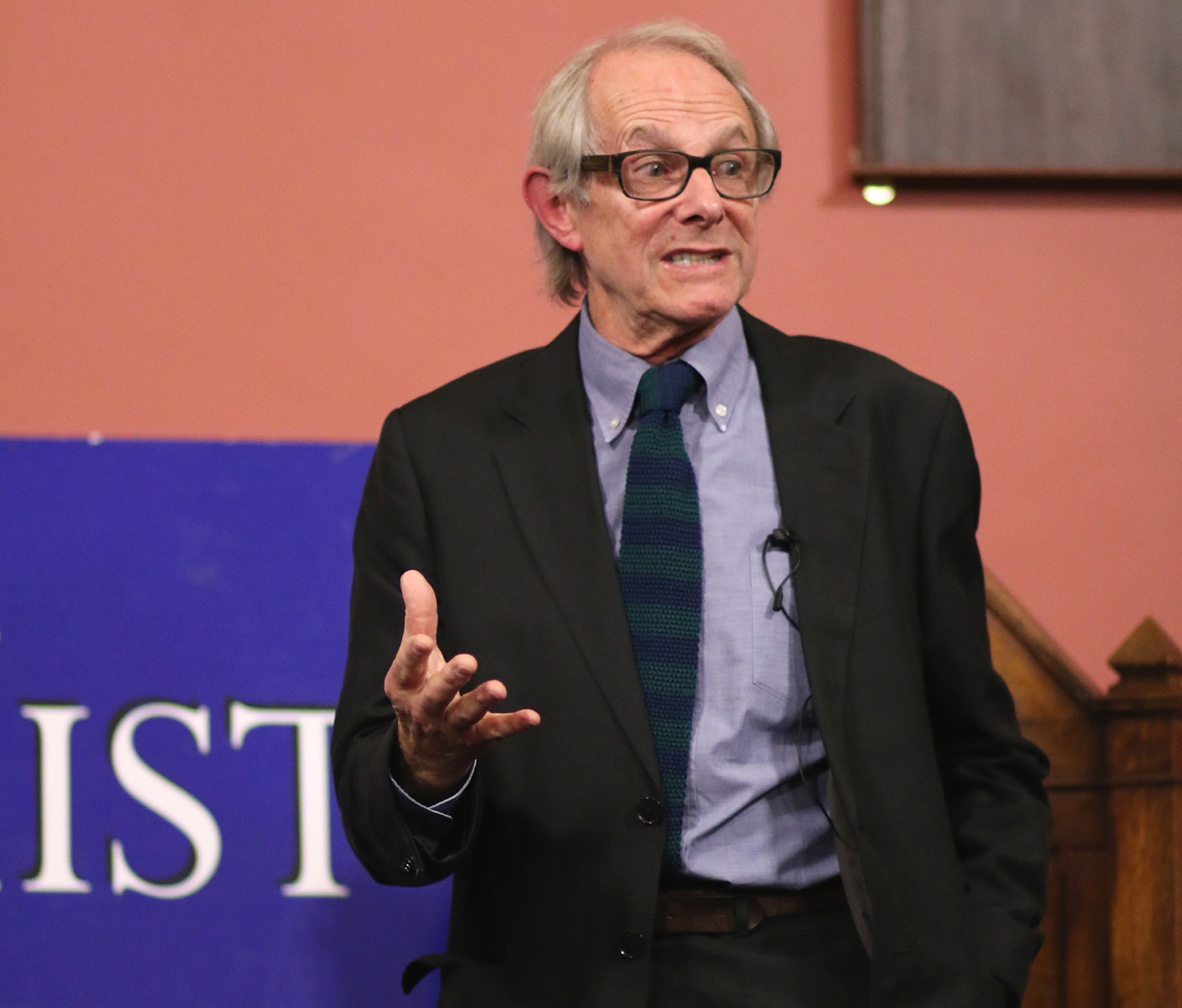
When the film wasn’t shown on national television, they took it to Channel 4: “The programs were never seen. And what makes me angry is that it wasn’t me who was censored. These were people who had never been on television, whose voice was never heard.”
Moving to “The Wind That Shakes the Barley,” he said he has been asked how he feels telling the story, as an Englishman: “My ancestors were farm labourers, and my father’s family worked in the mines. The same people who exploited my family exploited yours, so what we share is class, not nationality.” He commented on Gordon Brown’s statement that Britain needs to stop apologising for the empire: “I’ve never heard anyone apologise for the British Empire, and it was a reign of terror.”
Despite the contentious nature of his work, Loach says that you can’t focus on an agenda too much: “The first duty is to the material. You find stories that you feel reveal more than the simple narrative of the characters. If you are true to your characters they tell their story, but they also reveal the wider society around them. Just by studying that microcosm you can reveal the whole society.”
He finished by telling the chamber about a play he made about a Jewish leader in Hungary during the Holocaust, who helped the Nazis get Jews into the trains to Auschwitz in exchange for saving a small number of them to go to Palestine: “There was outrage about this racist, anti-Semitic piece … No one challenged the key fact of collaboration, and it remains unchallenged … The tolerance of this political ideology of zionism has left us with the great cause of our time, that of Palestine.”
He ended by asking the crowd to take action: “Our politicians will do nothing. So what do we do? The answer is we have to boycott. It’s the only way.”
Photo: Huda Awan






